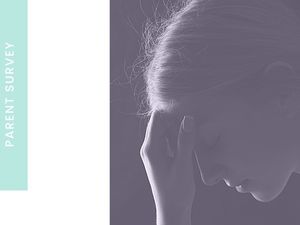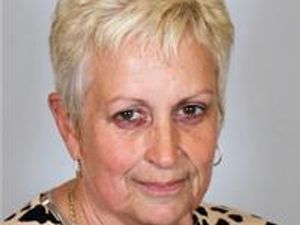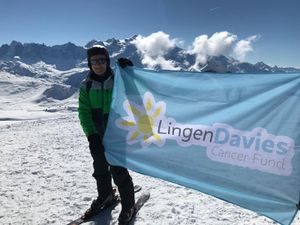Shropshire enterprise finds a quarter of parents abused by own child say it started before age six
A quarter of parents experiencing abuse from their own child say the violent, harmful or coercive behaviours began before the age of six.

Despite a commonly-held misconception that teenagers are responsible for the majority of Child to Parent Abuse cases, this is the second year in a row that a survey undertaken by Shrewsbury-based social enterprise PEGS revealed many parents experienced physical, verbal or other forms of abuse when their child was five or younger.
There has been an increase in awareness around this form of domestic abuse in recent years – with PEGS – launched by founding director Michelle John – working with more than 3,000 parents across the UK and training hundreds of frontline professionals.
As part of their efforts to educate decision-makers and shine a light on Child to Parent Abuse, the team asked parents to share an insight into the behaviours they’re experiencing, the impact of these behaviours, and what type of professional support they’ve requested.
The Winter 2022 survey showed a worrying two thirds of parents have had to call the police to de-escalate at least one incident – a rise from 57 per cent in the previous year’s survey.
A quarter have called police at least five times because of fears over their safety.
Other findings from the anonymous survey included more than half of parents reporting being physically attacked at least once a week.
And 74 per cent of working parents have had to reduce their hours or leave work altogether because of the abuse they are experiencing at home.
In addition, 30 per cent changed their mind about contacting a professional in case their other children were taken away.
Sexualised behaviours –including using explicit language – are being experienced by 17 per cent of respondents and 13 per cent of children have tried to strangle or suffocate another child living in the home.
Almost half of respondents struggled with abuse for at least three years before seeking outside help and 68 per cent didn’t feel they received the help they needed when they contacted a professional.




